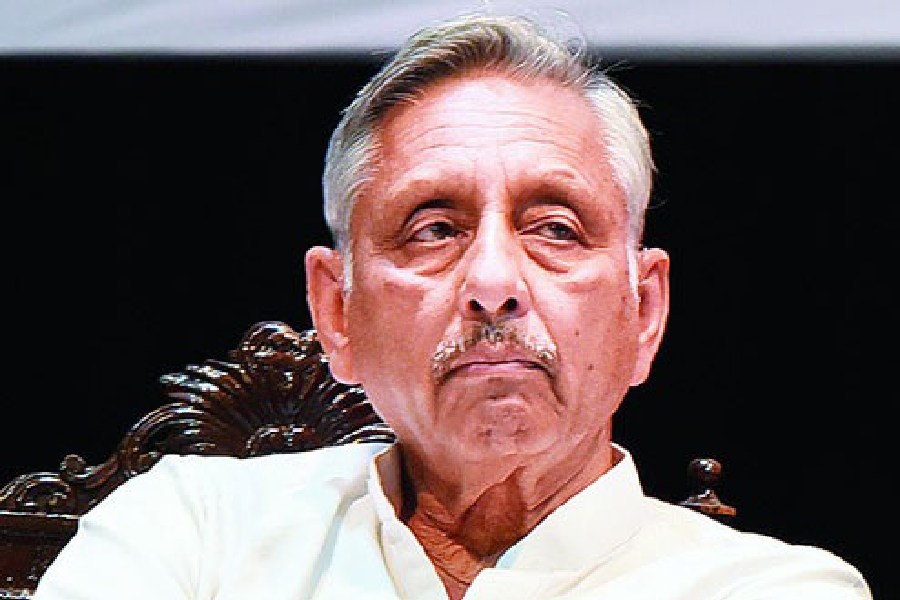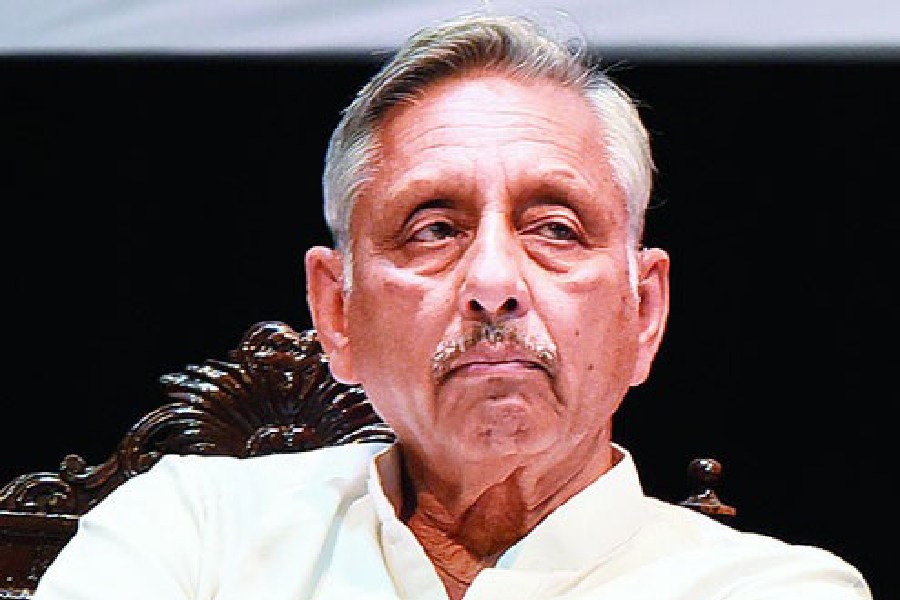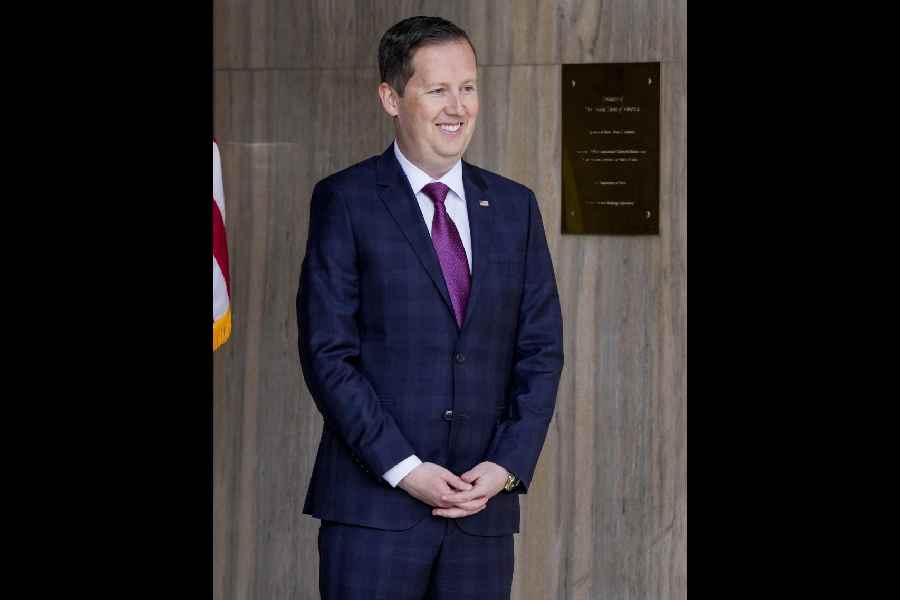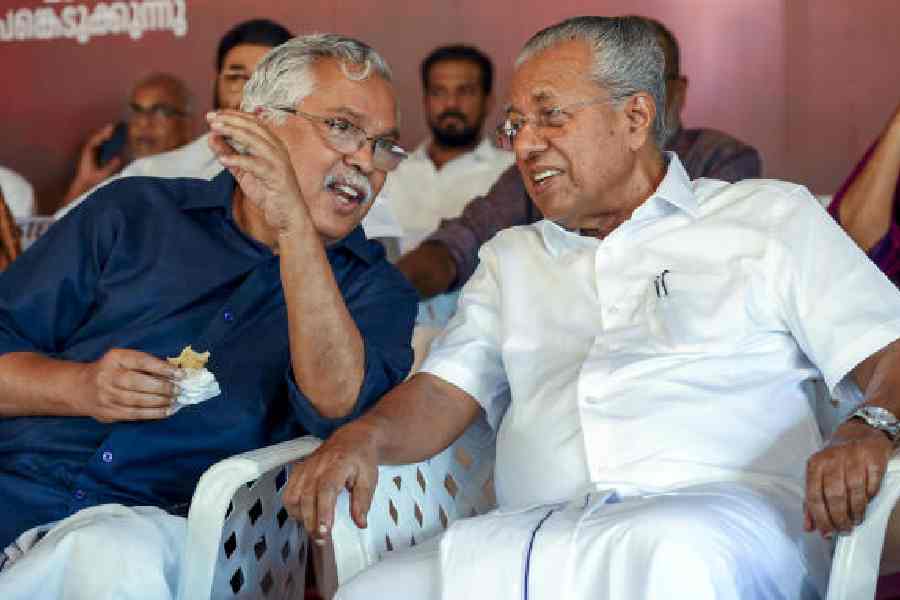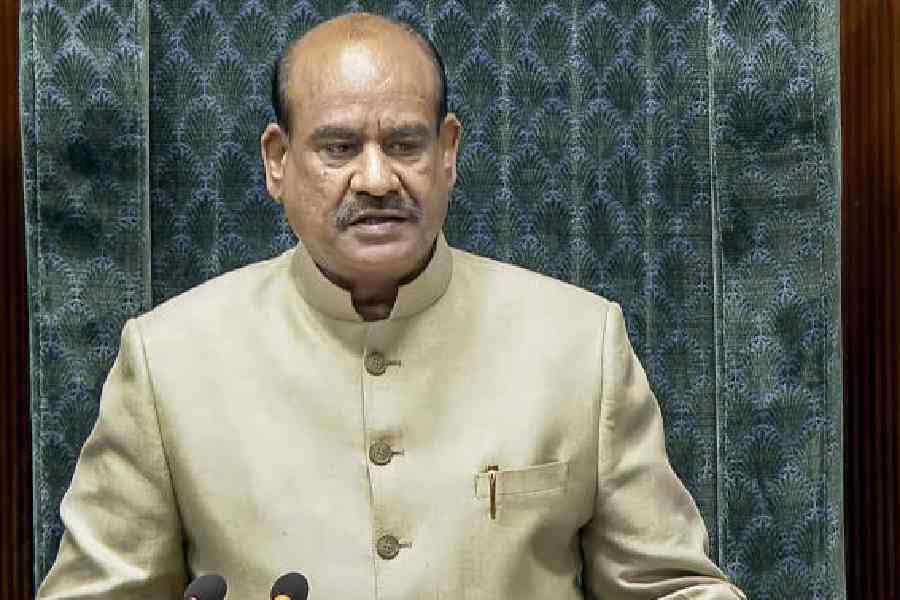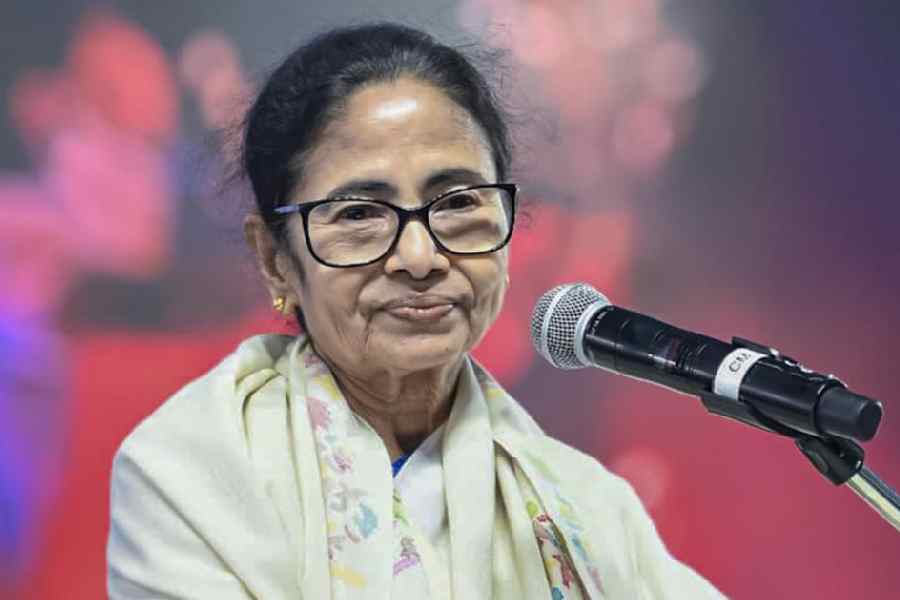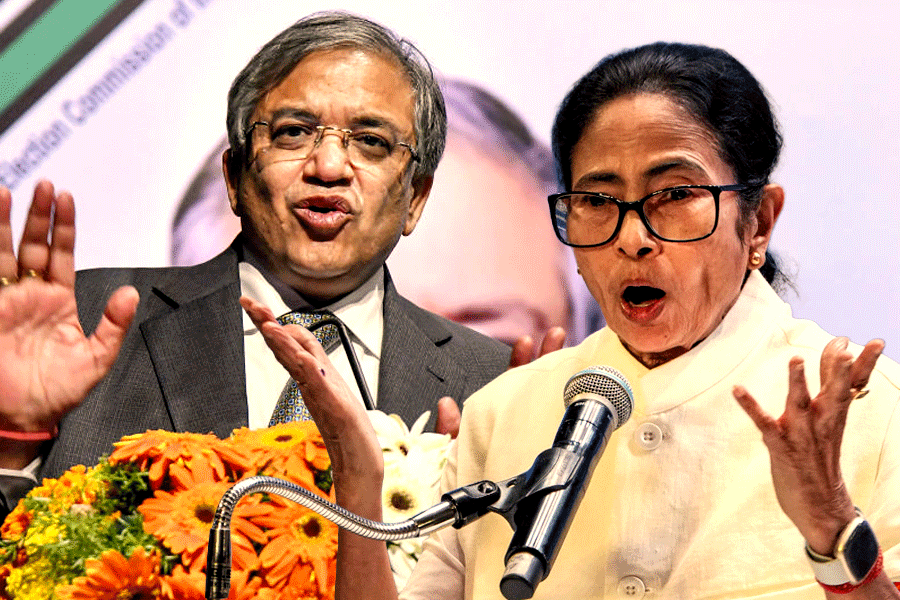Senior Congress leader Mani Shankar Aiyar has said the party and not former prime minister Rajiv Gandhi was responsible for unlocking of Babri Masjid gates and asserted that the "BJP-planted" Arun Nehru was behind it.
Aiyar also said his guess is that had Gandhi been alive and been the prime minister instead of P V Narasimha Rao, Babri Masjid would still be standing, the BJP would have been given an appropriate riposte and he would have found a solution similar to the one that the Supreme Court arrived at years later.
He hailed the Congress top brass' decision to decline the invitation for the January 22 Ram temple consecration ceremony.
Aiyar was speaking on Friday at the launch of his book "The Rajiv I Knew And Why He Was India's Most Misunderstood Prime Minister", published by Juggernaut. "He (Gandhi) was saying keep the masjid and build the temple. The Supreme Court said make the temple and make the masjid somewhere else. In a sense, the judgement is the same as the conclusion Rajiv was coming towards," Aiyar said.
During a free-wheeling chat with senior journalist Vir Sanghvi, the Congress leader said the BJP of Atal Bihari Vajpayee was "stolen" by Prime Minister Narendra Modi.
After the NDA lost, there were 10 years of Congress rule. "At the end of that Congress rule, things were really going bad, we had a prime minister who was not able to take decisions and the result was that into that vacuum stepped the BJP of Modi," Aiyar said.
Aiyar's book talks about Gandhi's premiership (October 31, 1984-December 2, 1989) as seen by him while working closely with the late Congress president in the Prime Minister's Office.
Controversies such as the Babri Masjid-Ram Janmabhoomi issue, the Shah Bano case, the India-Sri Lanka (Rajiv-Jayawardene) Accord and the Indian Peace Keeping Force (IPKF) have been dealt with in detail in the book.
With the Ram temple consecration ceremony days away, much of the focus of Aiyar's conversation with Sanghvi remained on the Ram Janmabhoomi issue.
Asked about the opening of locks on the Babri Masjid gates in 1986, Aiyar said the fact of the matter is that with a majority of 400 seats in Parliament, Gandhi had no reason to either appease Muslims or encourage the Hindu sentiment.
Asserting that it was Arun Nehru who was behind the opening of the locks, Aiyar said since Arun Nehru studied in a Lucknow school, the Ramjanmabhoomi issue, which was a local issue at that time, was very much on his mind.
"So, he used his power within the party to get an unknown man, Veer Bahadur Singh, elected as the chief minister and as I described in the book, the first thing Singh did was to go to Ayodhya and meet Deoki Nandan Agarwal (of the Vishwa Hindu Parishad) and others. (He) obtained from them a petition which said locks had not been put (on the gates of Babri Masjid) by judicial order but by executive order," the Congress leader said.
Thereafter, when the matter came up before the district sessions judge of Faizabad on 1 February 1986, the district magistrate and senior superintendent of police affirmed that the locks were not necessary for preserving public peace and law and order, he said.
"The locks were opened and a huge number of Hindu pilgrims, who had been gathered purposely, surged in and Rajiv knew nothing about it. So, yes there was a Congress hand in the opening of the locks but that Congress person knew that Rajiv Gandhi would never have allowed the opening of those locks, cancelling the executive order and that is why he kept it from Rajiv," Aiyar claimed.
The end of the story is that Arun Nehru joined the BJP and so he was a "BJP plant", he said.
On Gandhi allowing 'shilanyas' of a new Ram temple, Aiyar said the former prime minister took the advice that he needed political expertise and with that came into the PMO a "nexus" between Congress leaders M L Fotedar and R K Dhawan.
Dhawan told Gandhi that he should pander to the Hindu sentiment but he resisted that, Aiyar said.
Asked what would have been the state of the country had Gandhi lived on and become the prime minister instead of Rao, Aiyar said he could only guess and couldn't say for sure.
"My own guess is that the Babri Majid issue which he had discussed with (former Union minister) Siddharth Shankar Ray and others would have been referred to the Supreme Court under Article 142 and the question the Supreme Court would have been asked -- 'Was a temple demolished by Mir Baqi to build a mosque?'," he said.
Aiyar asserted that Gandhi would not have negotiated with the BJP the way Rao did as the prime minister and would have been very proactive.
"He (Gandhi) could have easily declared President's rule the minute these people climbed the dome and used the 125 companies ... who were waiting outside Ayodhya to enter the premises and clear it of these people who destroyed the mosque. I don't think kar sevaks would have been allowed into Ayodhya," he said.
Asked whether it was fair to say that the Congress made the mistakes of opening the locks and negotiating with L K Advani, things that the BJP took advantage of, Aiyar said, "You are absolutely right that the Congress did all this but I am also right -- who in the Congress?" "My sole point is that the only person not involved in all this, except for the 'shilaniyas' in the middle of the election, was Rajiv. He did not open the locks, he did not negotiate with the BJP and did not go dumb when the domes were being knocked down. Rajiv is not to be blamed but the Congress is to be blamed," he stressed.
Except for the headline, this story has not been edited by The Telegraph Online staff and has been published from a syndicated feed.

